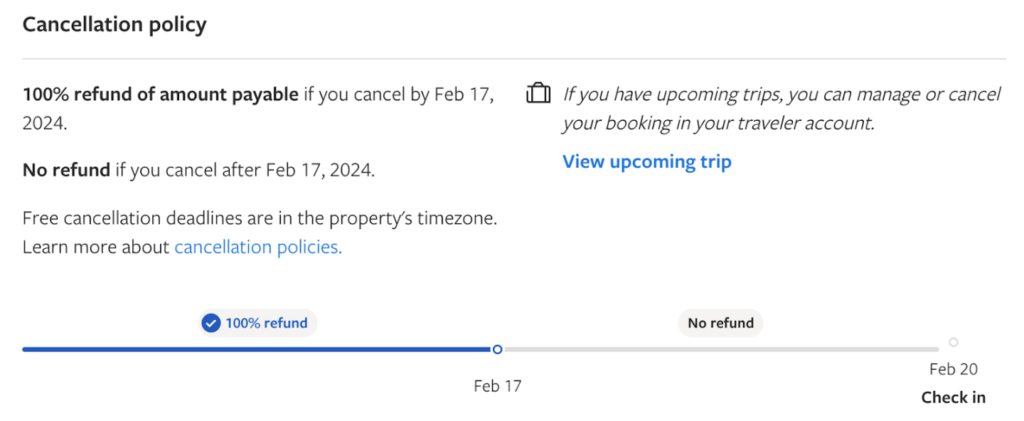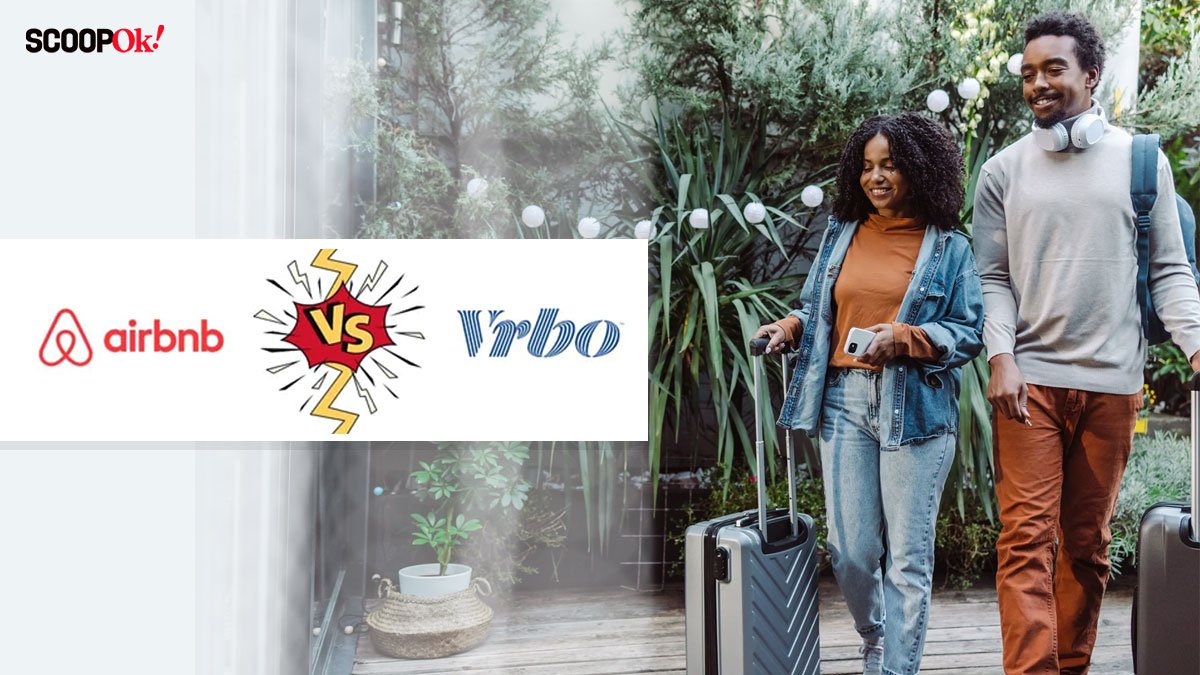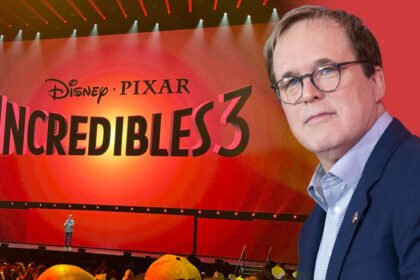Vrbo vs Airbnb can be challenging. While vacation rentals offer many benefits over traditional hotels—such as lower costs, more amenities, and a personalized touch—selecting the best platform for your needs can be tricky.
In this article, we’ll compare Vrbo and Airbnb across various criteria to help you make an informed decision.
Accommodation Types
Winner: Airbnb
The main distinction between Vrbo and Airbnb lies in the variety of accommodations each platform provides.
If you’re planning a family gathering and need a whole house, both Vrbo and Airbnb are good choices. However, if you’re looking for a more affordable shared space or something unique, Airbnb is your best bet.

Plus, if you’ve had bad experiences with subpar vacation rentals in the past, you might want to consider Airbnb “Plus” properties, which have been vetted in person for quality.
Search Functionality
Winner: Vrbo
Both Airbnb and Vrbo feature intuitive search tools, but Vrbo has the edge when it comes to filtering and sorting options.

While Airbnb’s interface looks more modern and includes visual elements like prices and notable locations on the map.
Vrbo’s map appears a bit outdated.

However, Vrbo excels in functionality. It offers better filters, such as the ability to sort by user reviews, cleanliness ratings, and properties rated four stars and above.

Vrbo’s filters are also more intuitive. For example, the “pets allowed” filter is prominently displayed on Vrbo’s initial search screen, while it’s buried deep within Airbnb’s menus under “house rules.”
Overall, Airbnb limits users’ ability to filter and search based on important criteria like guest ratings, which can be crucial for travelers.
Selection Criteria
Winner: Airbnb
This category isn’t a close contest. Airbnb boasts 7.7 million active listings as of May 2024, whereas Vrbo has over 2 million properties listed as of 2023. A simple search in the same region on both platforms quickly reveals this disparity.
For instance, an Airbnb search in the small town of Chesterton, Indiana, and its surrounding areas shows dozens of listings with a broad range of accommodation styles and prices.

A similar search on Vrbo reveals just three active properties.

This isn’t a fluke—Airbnb dominates in terms of the number of available listings.
Booking Process
Winner: Tie
Both Airbnb and Vrbo serve as intermediaries, connecting travelers with property hosts. You’re not booking “an Airbnb” but rather a rental “through Airbnb.” Consequently, the booking process can seem a bit unfamiliar to those accustomed to staying in hotels.
For all Vrbo properties and certain Airbnb listings, you initially send a booking request that includes a price quote and a message to the host. The host then reviews the request, including your profile and possibly previous ratings from other hosts, before confirming or denying it. In other words, your booking isn’t confirmed until the host grants approval.
If this seems like a hassle, both platforms offer an “instant book” option on certain properties, allowing you to secure your booking immediately.

Airbnb instant booking feature

Cancellation Policies
Winner: Airbnb
Both Airbnb and Vrbo allow property managers to set their own cancellation and change policies, which vary from property to property. Therefore, it’s difficult to determine which platform offers more flexibility overall.
However, the way these policies are explained and presented does differ. Airbnb has a slight edge here.
Airbnb provides hosts with several preset flexibility policies, ranging from “flexible” to “strict.” Each policy features a color-coded timeline to help potential guests understand the terms.

This makes it easier to see when you could receive a full refund or potentially lose your booking fee based on the booking dates.
In contrast, Vrbo’s policies aren’t as clean or simple. Cancellation policies range from “no refund” to “14/7,” where you receive a full refund if you cancel at least 14 days in advance. Additionally, a 50% refund is provided for cancellations made at least seven days prior to the reservation date (excluding the service fee) if you cancel at least seven days prior to your reservation. These policies are similar to Airbnb’s but are harder to compare.
Additionally, Vrbo allows “custom” policies, meaning a host can set different rules from the typical policies. This means guests must read more fine print to understand them.

While this doesn’t necessarily mean that Vrbo rentals have less flexible policies than Airbnb properties, it does make them harder to understand.
Long-Stay Discounts
Winner: Tie
Both Airbnb and Vrbo offer long-term stay discounts, which can significantly reduce costs for travelers planning to stay for a week or more. Digital nomads and others looking to settle temporarily can benefit from these discounts on both platforms.
Here’s an example of a discount offered for extended stays with Airbnb.

Here’s an example of a Vrbo booking that highlights the discount available for a weeklong stay.

Pricing and Fees
Winner: Tie
It’s challenging to compare overall pricing between Airbnb and Vrbo since each property is unique. Both platforms charge a service fee on top of the base rate, typically around 20%. However, we found that pricing is roughly similar across both platforms.
Although both Airbnb and Vrbo allow hosts to decide whether to require refundable security deposits, we noticed more of these deposits on Vrbo properties during our searches.
While these deposits add complexity and potential expense, we’re not confident that one platform charges them more frequently than the other.
Cleaning Fees
Winner: Vrbo
Cleaning fees are a common frustration for vacation renters. Both Airbnb and Vrbo properties include these one-time fees, which hosts use to cover the cost of cleaning their space. These fees can vary significantly depending on the specific property.
Our analysis found that the median cleaning fee per Airbnb listing for a one-night stay was $75.
Vrbo, on the other hand, has been displaying the total price (excluding tax) of bookings for years. Travelers don’t need to opt in to see this, and they can use Vrbo’s price filter to narrow down search results by total price. Guests always see the total price and breakdown of fees before booking on Vrbo.
Conversely, Airbnb does not automatically include cleaning or other additional fees in the price displayed in search results.
In response to customer complaints, Airbnb introduced a toggle feature that allows users to view the total price, inclusive of all fees. However, users who don’t toggle the total price display will still see only nightly rates.
Safety
Winner: Tie
Safety is an important consideration when traveling, and booking a stay on Airbnb or Vrbo presents different challenges compared to hotels. Factors like the presence of carbon monoxide detectors, the accuracy of listings, and host responsiveness come into play.
If you’re staying in a hotel and the room doesn’t meet your expectations, it’s usually straightforward to switch to another room. However, if you face a similar issue with an Airbnb accommodation and feel uncomfortable staying in the property you’ve booked, you’re reliant on the goodwill of both Airbnb and the host to resolve the situation.
Airbnb has several safety features, including host reviews, the ability to communicate with hosts through the platform, and host background checks. Airbnb also includes AirCover with each booking, which provides protection against host cancellations, listing misrepresentations, check-in issues, and a 24-hour safety phone number.
Vrbo offers a safety policy that includes a property description guarantee, property access assistance, payment protection, and emergency rebooking help. The company also provides 24/7 customer support to address issues like unresponsive hosts or withheld damage deposits.
Overall Winner in Vrbo vs Airbnb
Winner: Airbnb
Airbnb is the clear choice for most travelers. It has millions of listings, a wide range of accommodation types, and more flexible cancellation policies.
While Vrbo positions itself as a “family” brand with stand-alone house rentals, it’s hard to argue that anyone, including families, should prioritize Vrbo over Airbnb.
Ultimately, the right platform for you will depend on your travel preferences. Whether you’re looking for a unique shared space, a vetted Airbnb Plus property, or a stand-alone home, Airbnb offers a better overall experience for most travelers.












